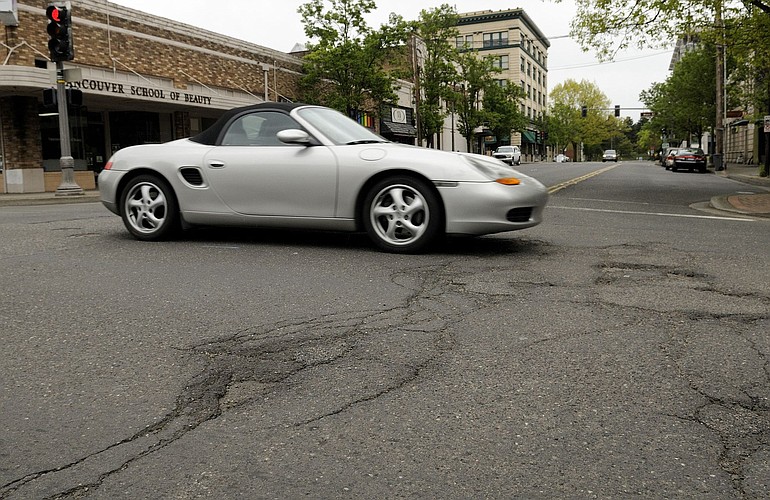Identifying community priorities key to budget-writing process
A 402-person phone survey isn't the only way city officials are looking for help to shape the future -- they're hoping to get as many people involved as possible.
The city is in the midst of what it calls Horizons, a process for prioritizing city programs and services (and how to pay for them), based on community input, said Eric Holmes, economic development director.
The feedback will be given to the City Council and city manager as they write a 2012 budget that's sure to be at least $10 million smaller than this year's, which has seen 44 layoffs and cuts to services across the board. More than $35 million has been cut from the $181 million general fund in the last decade as revenue growth continues to fall short of expense growth.
At this point it's clear that there is going to have to be some serious restructuring, and Horizons will help the city figure where to lay the new foundations, Holmes said.
"We need to really look at what priorities are for Vancouver," said Holmes, who will become the assistant city manager at the end of the year. "We need to know what people value most, and the price they're willing to pay."
All the work for Horizons is being done with city resources and staff, and other than $800 for some new polling technology and the cost of refreshments at meetings, no extra general fund money is being spent, Holmes said. The phone survey, which is conducted every two years, cost $12,500.
In 2008, the city council identified six areas of strategic importance: A healthy, livable and sustainable Vancouver; a safe and prepared community; transportation mobility and connectivity; financial health and economic vitality; accountable, responsive city government; and an active, involved community.
Horizons looks to find out which areas are most important to residents. Each of the city's 300-plus programs and services have been categorized under one of the six areas.
Horizons helps the council set policy direction. The job of deciding whether to cut specific services, like parks maintenance or fire rescue units, will still fall to City Manager Pat McDonnell, Holmes said.
"We're not at that level of detail -- it truly is, 'Do you think a safe and prepared community is the top priority, or is it an active, involved community?' " he said.
To reach a wide demographic for the Horizons process, Holmes said the city will include these steps:
o An online version of the Community Survey will be posted on the city's website, http://www.cityofvancouver.us, through the end of the month.
o A public meeting will be at 7 p.m. May 11 at the Water Resources Education Center.
o Focus groups of 10 to 15 randomly selected members of the community are being held right now. Participants are called and asked to attend small-group meetings and offer their ideas.
o A large-group meeting with invited key community stakeholders, including nonprofit groups, business leaders, faith-based groups and others, will be held May 8.
o The city's Business Leadership Advisory Team continues to weigh in during regular meetings.
The city council is continuing budget retreats through the end of May; the city manager will present his final budget in the fall.
-- Andrea Damewood



